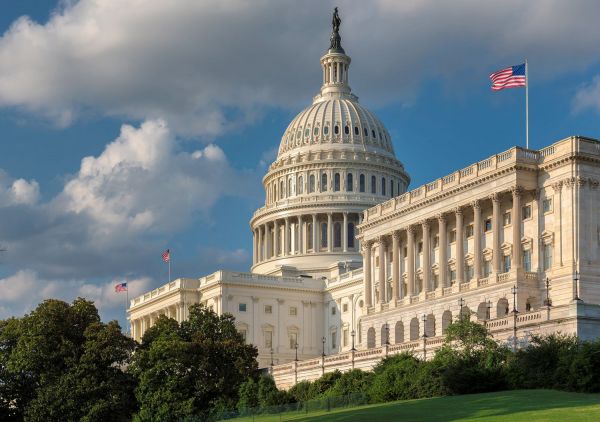FARGO, N.D. – A federal court in North Dakota is blocking the Biden Administration’s Waters of the United States rule in South Dakota and nearly two dozen other states. The court issued a preliminary injunction yesterday against a new rule reinterpreting the definitions for U.S. waters.
The court’s move comes in response to a motion filed by Montana Attorney General Austin Knudsen.
The rule from EPA and the Army Corps of Engineers largely revives a definition of “waters of the United States,” or WOTUS, coined during the Reagan-era, updated to accommodate limits the Supreme Court has placed on federal jurisdiction during the intervening 36 years.
The latest definition is an effort by the Biden administration to find a “durable” solution for protecting wetlands and streams — an issue that has been hotly debated since the Clean Water Act’s passage in 1972.
Through the years, the question has triggered regulatory back-and-forth, intense lobbying, and legal and political brawls among developers, mining and agricultural and environmental groups.
The new rule would give federal protection to large waterways, like interstate rivers and streams and wetlands that are adjacent to them.
Wetlands would be considered adjacent if they are connected to those larger waterways with “relatively permanent” surface water connections, or if they have a “significant” hydrologic or ecological “nexus” to those protected tributaries.
According to the Montana Farm Bureau Federation, estimates from the rule will place nearly 90 percent of Montana’s land under the jurisdiction of the Environmental Protection Agency.
“This injunction resulting from our lawsuit is welcome relief to farmers and ranchers and workers in mining, energy, and other industries who would be harmed if this unconstitutional rule is allowed to take effect,” Attorney General Knudsen says. “This is just the first step to stopping the overreaching WOTUS rule.”
But losing protections for certain waterways could be troubling because so many of Montana rivers are already impaired. Nearly 40% of river miles in Montana are polluted with contaminants and sediment. More than half of Montana waterways could lose their federal protection. The basins with the most intermittent streams in Montana that could potentially lose federal protections are the Blackfoot, Sun, Flathead, Bighorn, and Yellowstone rivers.
A Supreme Court case could force changes to the new rule. Sackett v. EPA, scheduled to be heard sometime this summer, will decide the scope of protections allowed for wetlands. Depending on the decision, much of the Biden WOTUS rule could become moot.












